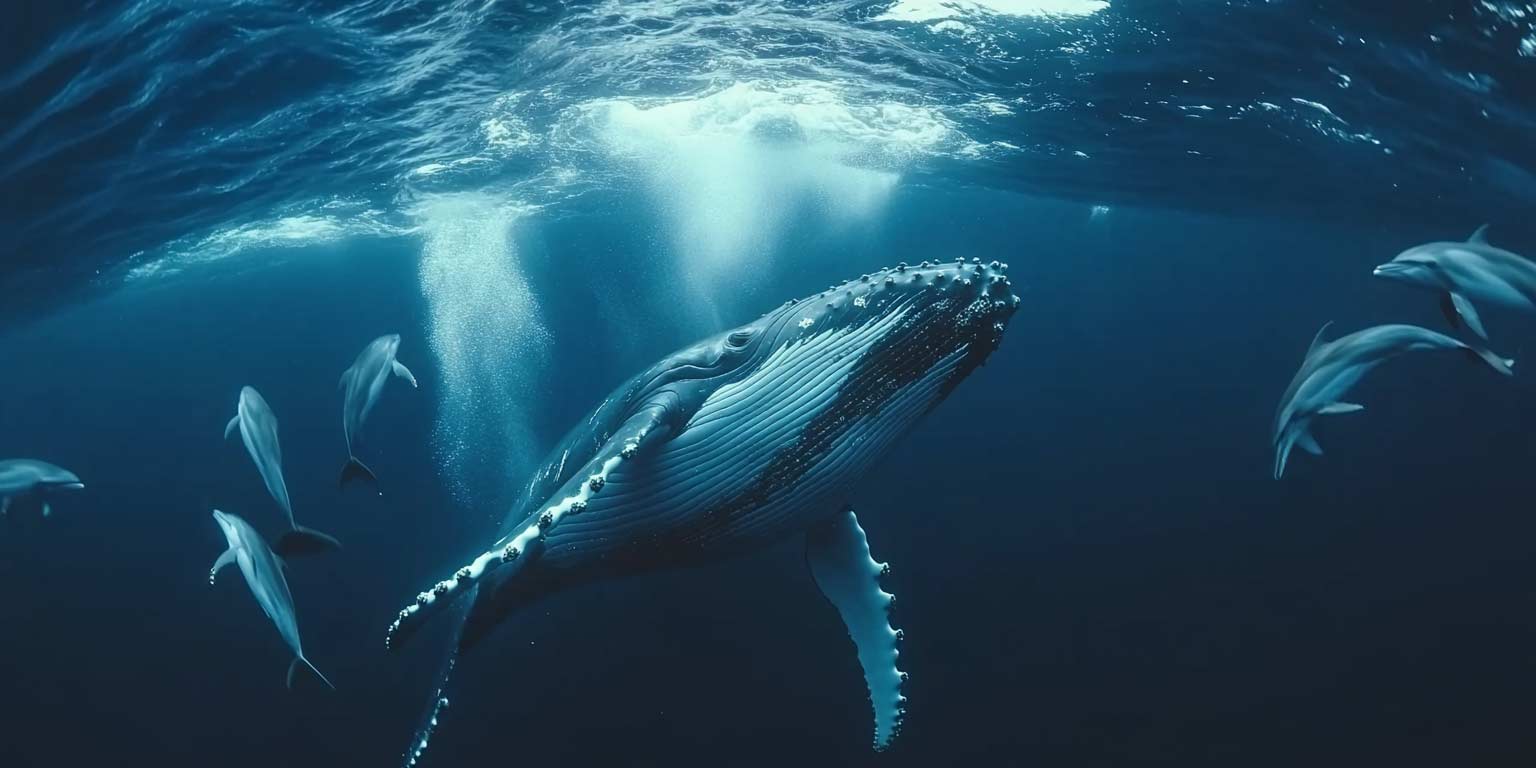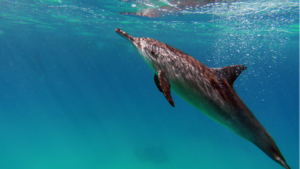Why July 23rd Matters
For centuries, whales and dolphins faced relentless hunting, with populations driven to the brink of extinction due to commercial whaling. But on July 23, 1982, a historic decision changed everything. The International Whaling Commission (IWC) imposed a global moratorium on commercial whaling, marking a pivotal moment for marine conservation. This led to the birth of World Whale and Dolphin Day, an annual celebration recognizing the importance of protecting these intelligent marine creatures.
With their critical role in ocean ecosystems, whales and dolphins contribute to maintaining balance in the marine food chain. Their protection ensures healthier oceans, benefiting marine life and humanity alike. But despite progress, these species still face threats from climate change, entanglement in fishing gear, plastic pollution, and illegal whaling activities.
The 1982 Ban: A Turning Point in Conservation
Before the moratorium, whaling was widespread, with nations hunting whales for their meat, oil, and blubber. Over time, scientific research revealed the devastating impact this had on global whale populations. In response, international conservation groups and activists pushed for stricter regulations, leading to the IWC’s landmark ruling on July 23, 1982:
- A moratorium on commercial whaling was declared.
- Strict quotas were introduced for indigenous subsistence whaling.
- Countries were urged to adopt conservation efforts to protect declining populations.
Although the ban significantly reduced whaling, some nations continued to hunt under scientific research exemptions or by rejecting the IWC’s authority. This loophole has remained a challenge in whale conservation efforts.
How World Whale and Dolphin Day Inspires Action
This annual observance isn’t just about remembering past victories—it’s about advocating for ongoing conservation efforts. Governments, conservationists, and marine biologists use this day to:
✔ Educate the public on the importance of protecting marine life.
✔ Push for stronger regulations against illegal whaling and harmful fishing practices.
✔ Highlight the impact of ocean pollution on whales, dolphins, and their habitats.
✔ Support organizations working on marine conservation and rescue missions.
Many events take place worldwide, including beach cleanups, educational seminars, eco-friendly whale watching tours, and awareness campaigns urging countries to strengthen marine protection laws.
What Can You Do to Help?
Even small actions can make a difference in safeguarding whales and dolphins for future generations. Here’s how you can contribute:
- Reduce plastic waste to prevent pollution in oceans.
- Support responsible tourism by choosing ethical whale-watching tours.
- Advocate for stronger policies that protect marine life.
- Stay informed and share knowledge about whale and dolphin conservation.
A Day That Changed the Future for Whales and Dolphins
July 23rd is more than just a date—it represents a movement that gave marine mammals a fighting chance at survival. The decision made in 1982 reshaped the way the world views ocean conservation, proving that when people come together, real change is possible. But the fight isn’t over. By continuing to advocate for these creatures, we ensure that future generations will witness the beauty of whales and dolphins in the wild—not just in history books.












